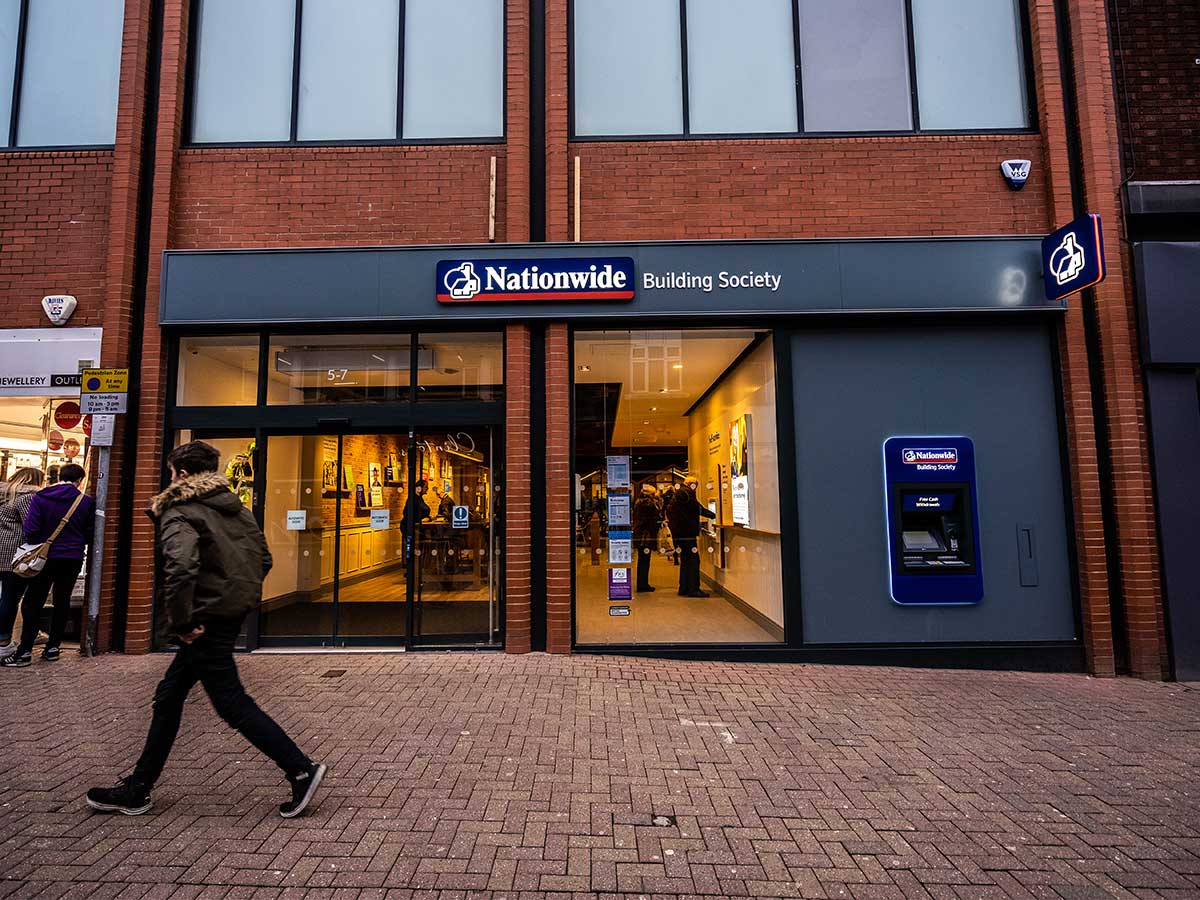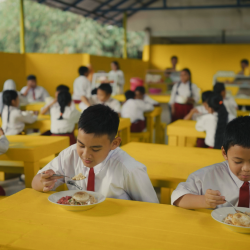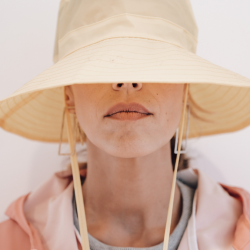Nationwide’s archive team are looking to collect the thoughts and feelings of members for future generations. Primary research data exploring the effect of COVID-19 on the lives of members will be added to the Society’s archives in a ground-breaking move.
The diary study, run in partnership with Join the Dots I InSites Consulting, set out to understand Nationwide members’ experiences and views of the pandemic over 12 weeks. 24 participants were recruited from Connect, Nationwide’s online research community of opted-in members. An app-based ethnographic diary was kept by each participant for the duration of the study to understand what was happening in their lives and how their behaviours changed as lockdown in the UK continued and later, eased.
“The aim of the research was to explore and understand how our members were feeling about the pandemic, how their behaviour was impacted, how they responded to events around them, and their predictions for the future. In gaining this ongoing understanding, we were able to iteratively plan how to support members during lockdown as well as in the long-term,” said Livvy Gill, Researcher at Nationwide.
And the research has a long-term value too. Nationwide’s archives contain a huge variety of corporate records from board minutes to branch photos but what they currently lack is the human touch. However, in this pivotal year, Head Archivist Sara Kinsey felt it important to add members’ first-hand diaries:
“As we all live through this unprecedented time, it is important that we keep a record of our members’ experiences and behaviours. The usual corporate archives can tell us what happened but to find out how people feel you need much more personal records – and these diaries with their rich primary data are perfect at capturing that for posterity. We’ve never had this kind of joined-up approach with our research community before so it’s a real innovation for us.”
Featured image: RMC42 / Shutterstock.com































